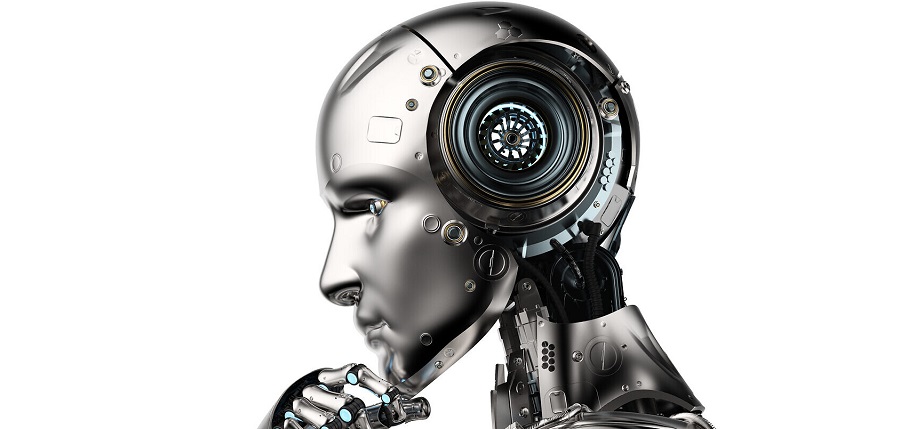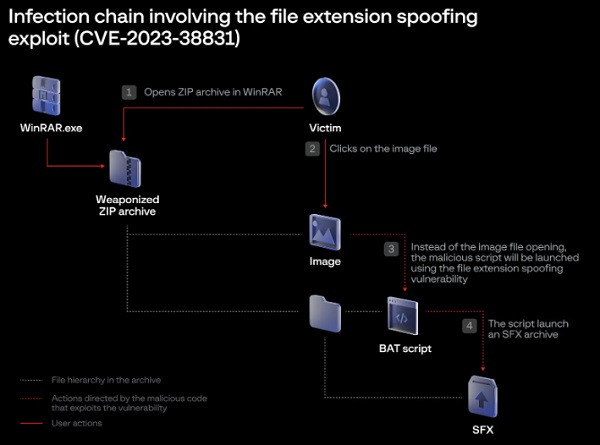10 ways Artificial Intelligence can reshape Cyber Security in future
Artificial intelligence (AI) is a broad field of computer science concerned with creating intelligent machines capable of doing activities that normally require human intelligence. AI is an interdisciplinary subject with many techniques but advances in machine learning and deep learning are causing a paradigm shift in almost every sector of the technology industry.
Milan Thakur, who is currently leading cyber security practice including DevSecOps, API Security, VAPT, Red Teaming, and Secure Architecture Design in a Malaysian firm has written a detailed article on How AI can reshape cyber security in near future. As per Milan, Artificial intelligence (AI) is expected to play a substantial role in information security over the next couple of years.

Below are some of the ways Artificial Intelligence could impact the Cyber security field:
Real-time threat detection: AI algorithms can analyze vast amounts of data to identify potential security threats in real-time, reducing the time it takes to detect and respond to security incidents.
Automated security tasks: AI-powered systems can automate repetitive security tasks such as analyzing logs, detecting anomalies, and alerting security teams of potential threats.
See more: What is VPN – Difference between SSL VPN and IPSec VPN
Vulnerability assessment: AI algorithms can be trained to identify vulnerabilities in networks and applications, allowing organizations to proactively address potential security weaknesses.
Advanced cyber defense: AI can be used to develop sophisticated cyber defenses, such as advanced firewalls, intrusion detection systems, and anti-malware solutions that can better protect organizations from cyber-attacks.
Fraud detection: AI can be used to identify and prevent fraudulent activities such as phishing, identity theft, and money laundering.
Predictive analysis: AI can analyze historical data and provide predictive insights into potential security threats and risks, allowing organizations to make informed decisions about their security posture.
Automated incident response: AI-powered systems can automate the incident response process, allowing organizations to respond to security incidents faster and more effectively.
Efficient resource allocation: AI can help security teams optimize the allocation of resources by prioritizing tasks and automatically routing incidents to the appropriate teams or individuals.
See more: What is email authentication – SPF, DMARC and DKIM
Continuous monitoring: AI algorithms can continuously monitor systems and networks for potential security threats, providing organizations with real-time visibility into their security posture.
Personalized security: AI can provide personalized security solutions, such as customized firewalls, intrusion detection systems, and anti-malware solutions, tailored to the specific needs and requirements of individual organizations.
Source: How AI will Reshape Cyber Security soon By Milan Singh Thakur
We hope you found article interesting. For more exclusive content follow us on Facebook, Twitter and LinkedIn






